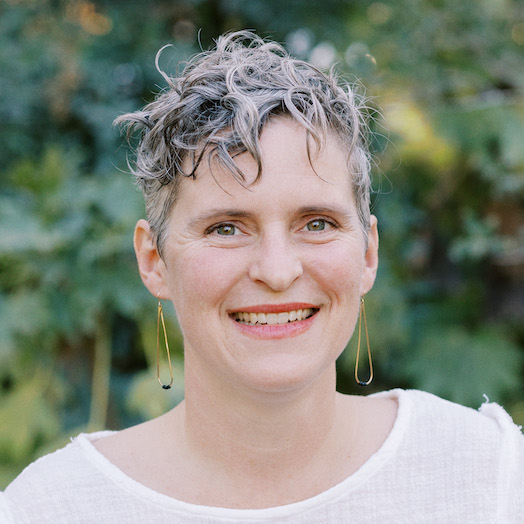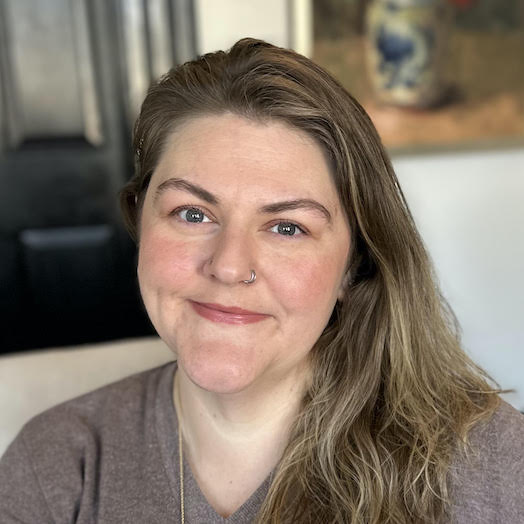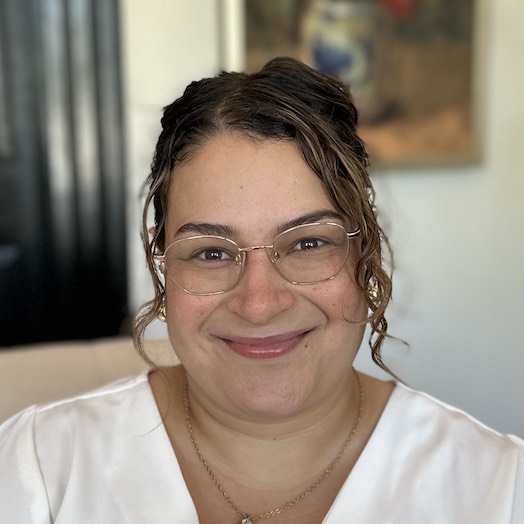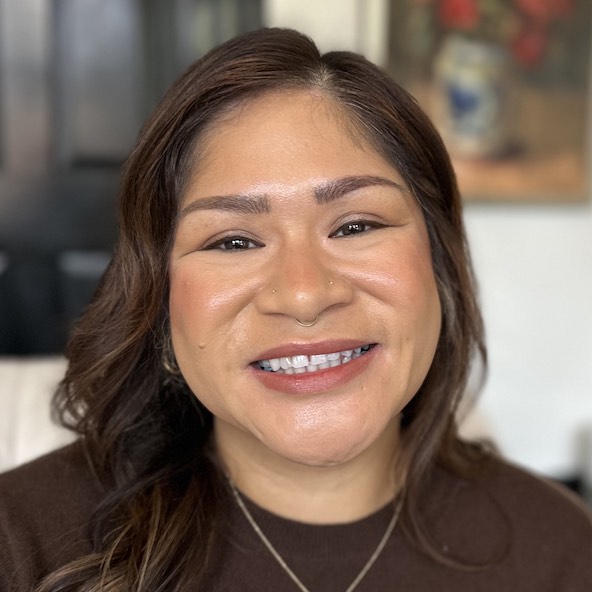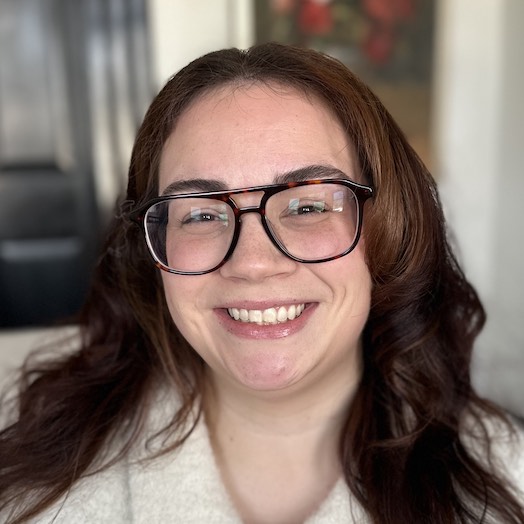
Why it hurts and how sex therapy helps
A new couple walks into my office and here is what they share:
Partner A: “I’m so frustrated; it feels like we never have sex anymore. My partner cares more about the kids and their job than making love to me. They treat me like I’m obsessed with sex, but I just want to feel desired by them.”
Partner B: “I feel like I can’t get anything right when it comes to meeting their needs with sex. I just don’t feel like it very often, but I know it’s important to them. Part of me wishes they could just realize we’re at a time in our life when sex doesn’t have to be everything.”
Oh, no. It seems like they are at a really stuck and frustrating place.
In some ways, sexual desire mismatch (also known as desire discrepancy) is the simplest topic in sex therapy.
Why?
Because it’s completely normal to have different levels of desire when in a relationship and finding a solution usually involves meeting somewhere in the middle and adding some additional ways to support each partner so they feel comfortable and connected to the other person.
But so often, when couples find themselves weathering the storm of sexual desire discrepancy after many months—or many years—the couple can feel like it’s the most challenging problem they’ve ever faced.
And here’s why:
Each partner has built up hurt feelings, negative beliefs, fears, and frustrations that are playing out when neither partner feels satisfied sexually.
Inside partner A’s head: “I hate that I’m the only person to ever initiate sex, I wonder if they even like having sex with me? They were more into me in the beginning of the relationship, but I wonder if they just aren’t attracted to me anymore or if they would rather be with someone else. It hurts so much each time I make a move and they reject me—it’s gotten really frustrating actually. I feel so relaxed and connected to them after we make love, I don’t understand why they don’t want to feel that way, too. I feel like I’m never doing enough to get them to want me again. I’m scared I’m losing my partner or losing my sexual self. I’m scared we’ll never make this work.”
Inside partner B’s head: “I dread each time they reach for me—not because I don’t love them, but because I just hate disappointing them over and over. I don’t know what’s wrong with me, but I just don’t want sex that much. It’s not like it was in the beginning, we have kids now, we are so busy, I’m so stressed all the time. Why can’t they understand that it’s not about them? They take it so personally, but it’s not about them. I wish they could just accept that I don’t want sex as much as they do…I wish they could just accept me. I feel so guilty and I’m worried I’m driving them away. I’m starting to avoid the topic all together even though I know we are both hurting so much.”
Woah, that’s a lot going on inside for each person. It can feel hopeless sometimes.
That’s where a sex therapist gets involved. What might a sex therapist do with this couple to help them work through sexual desire discrepancy and get to a better place?
- Communication. Yes, you may have discussed this topic before, but a strong sex therapist is going to help support each partner to share more vulnerably about what they are experiencing. This involves letting our partner into our hurts and fears so they can offer reassurance and understand us better.
- Psychoeducation/Sex Education. Sexual desire discrepancy certainly wasn’t a topic for us in high school sex ed, so your therapist will take some time to share the research on adult sexuality. No there isn’t a perfect number of times to have sex a week for the happiest relationship, but we can normalize your experience and give hope based on decades of research and our experience with other couples in your same situation.
- Exploring Each Partner’s Sexuality. We’ll help you get more comfortable exploring your turn ons and turn offs, your fantasies, your past experiences that shaped you into who you are. You can feel closer to your partner and better able to have bonding conversations about sex instead of avoiding the topic or arguing about it.
- Improve the Quality of Sex. Help each partner explore ways they can increase their positive sexual experiences with the other partner. This is always consensual and at a pace that each person is comfortable with. You’ll have tips and activities you can try at home to better your experiences with each other.
- Set Realistic Expectations for Sex and Other Ways of Connecting. Help partners set clear and loving expectations with each other for regular physical connection. We also help the partners make sure they find ways to bond and connect other than sex for a well-rounded relationship and a more secure bond.

Hi! I'm Megan Negendank, founder and executive director of Love Heal Grow Counseling.
I help hurting, worried couples & individuals heal from pain and create thriving lives & relationships.
You can read more about me or schedule an appointment here: About Megan




